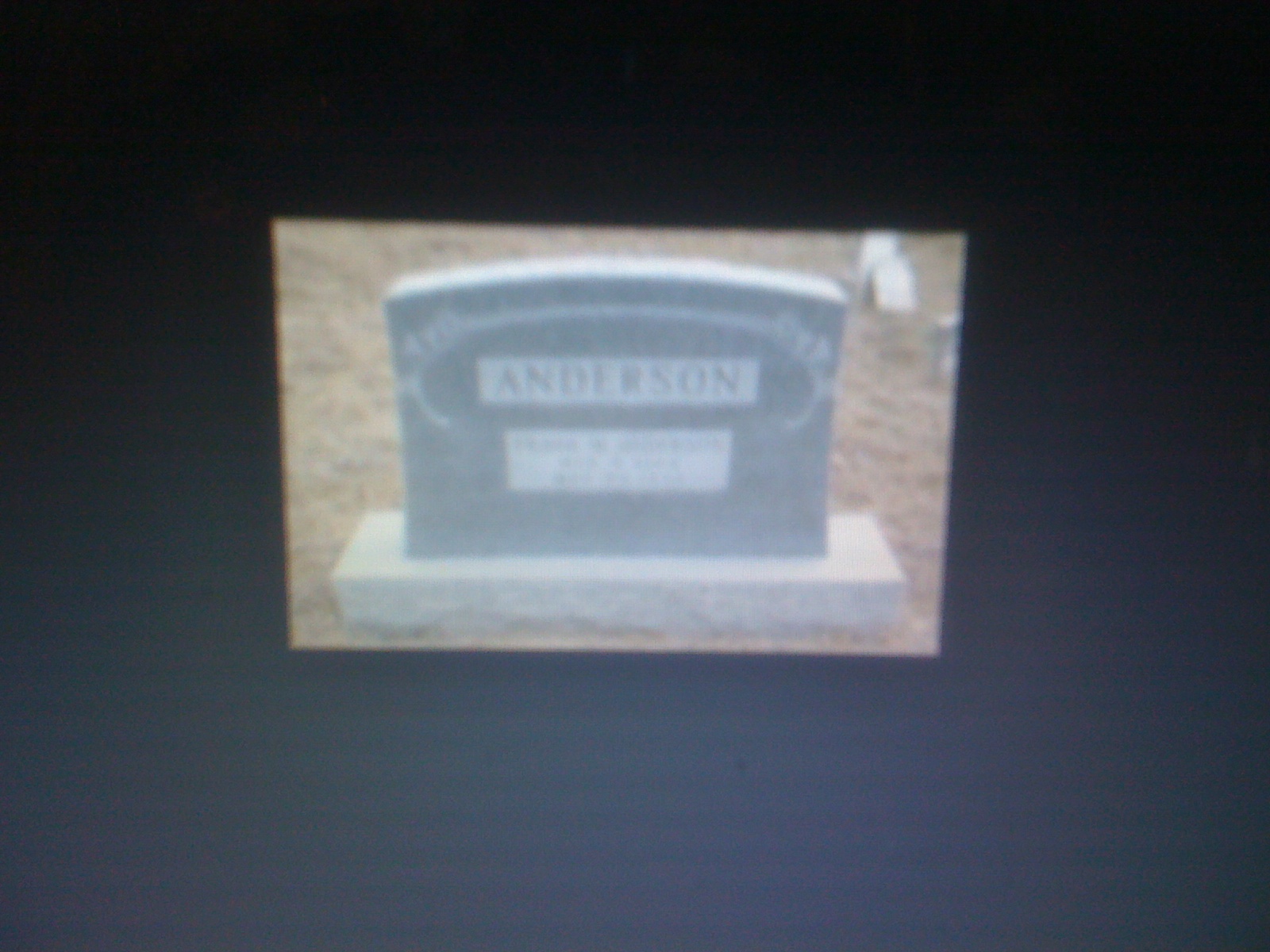BLACK SOCIAL HISTORY Marian Anderson February 27, 1897 – April 8, 1993 was an African-American contralto and one of the most celebrated singers of the twentieth century. Music critic Alan Blyth said "Her voice was a rich, vibrant contralto of intrinsic beauty." Most of her singing career was spent performing in concert and recital in major music venues and with famous orchestras throughout the United States and Europe between 1925 and 1965. Although offered roles with many important European opera companies, Anderson declined, as she had no training in acting. She preferred to perform in concert and recital only. She did, however, perform opera arias within her concerts and recitals. She made many recordings that reflected her broad performance repertoire of everything from concert literature to lieder to opera to traditional American songs and spirituals.
Anderson became an important figure in the struggle for black artists to overcome racial prejudice in the United States during the mid-twentieth century. In 1939, the Daughters of the American Revolution (DAR) refused permission for Anderson to sing to an integrated audience in Constitution Hall. The incident placed Anderson into the spotlight of the international community on a level unusual for a classical musician. With the aid of First Lady Eleanor Roosevelt and her husband Franklin D. Roosevelt, Anderson performed a critically acclaimed open-air concert on Easter Sunday, April 9, 1939, on the steps of the Lincoln Memorial in Washington, D.C. She sang before a crowd of more than 75,000 people and a radio audience in the millions. Anderson continued to break barriers for black artists in the United States, becoming the first black person, American or otherwise, to perform at the Metropolitan Opera in New York City on January 7, 1955. Her performance as Ulrica in Giuseppe Verdi's Un ballo in maschera at the Met was the only time she sang an opera role on stage.
Anderson worked for several years as a delegate to the United Nations Human Rights Committee and as a "goodwill ambassadress" for the United States Department of State, giving concerts all over the world. She participated in the civil rights movement in the 1960s, singing at the March on Washington for Jobs and Freedom in 1963. The recipient of numerous awards and honors, Anderson was awarded the Presidential Medal of Freedom in 1963, the Kennedy Center Honors in 1978, the National Medal of Arts in 1986, and a Grammy Lifetime Achievement Award in 1991.
Anderson's parents were both devout Christians and the whole family was active in the Union Baptist Church in South Philadelphia. Marian's Aunt Mary (John Berkley's sister) was particularly active in the church's musical life and, noticing her niece's talent, convinced her to join the junior church choir at the age of six. In that role she got to perform solos and duets, often with Aunt Mary who also had a fine voice. Marian was also taken by her aunt to concerts at local churches, the YMCA, and other community music events throughout the city. Anderson credited her aunt's influence as the reason she pursued a singing career. Beginning as young as six, her aunt arranged for Marian to sing for local functions where she was often paid 25 or 50 cents for singing a few songs. As she got into her early teens, Marian began to make as much as four or five dollars for singing; a considerable amount of money for the early 20th century. At the age of 10, Marian joined the People's Chorus under the direction of singer Emma Azalia Hackley, where she was often given solos.
When Marian was 12, her father was accidentally struck on the head while at work at the Reading Terminal, just a few weeks before Christmas of 1909. He died of heart failure a month later at age 34. Marian and her family moved into the home of her father's parents, Grandpa Benjamin and Grandma Isabella Anderson. Her grandfather had been born a slave and had experienced emancipation in the 1860s. He was the first of the Anderson family to settle in South Philadelphia, and when Marian moved into his home the two became very close. He died only about a year after the family moved in.
After high school, Marian applied to an all-white music school, the Philadelphia Music Academy (now University of the Arts), but was turned away because she was black. The woman working the admissions counter replied, "We don't take colored" when she tried to apply. Undaunted, Anderson pursued studies privately with Giuseppe Boghetti and Agnes Reifsnyder in her native city through the continued support of the Philadelphia black community. She met Boghetti through the principal of her high school. Marian auditioned for him singing 'Deep River' and he was immediately brought to tears. In 1925 Anderson got her first big break when she won first prize in a singing competition sponsored by the New York Philharmonic. As the winner she got to perform in concert with the orchestra on August 26, 1925,[4] a performance that scored immediate success with both audience and music critics. Anderson remained in New York to pursue further studies with Frank La Forge. During the time Arthur Judson, whom she had met through the NYP, became her manager. Over the next several years, she made a number of concert appearances in the United States, but racial prejudice prevented her career from gaining much momentum. In 1928, she sang for the first time at Carnegie Hall. Eventually she decided to go to Europe where she spent a number of months studying with Sara Charles-Cahier before launching a highly successful European singing tour.











































No comments:
Post a Comment